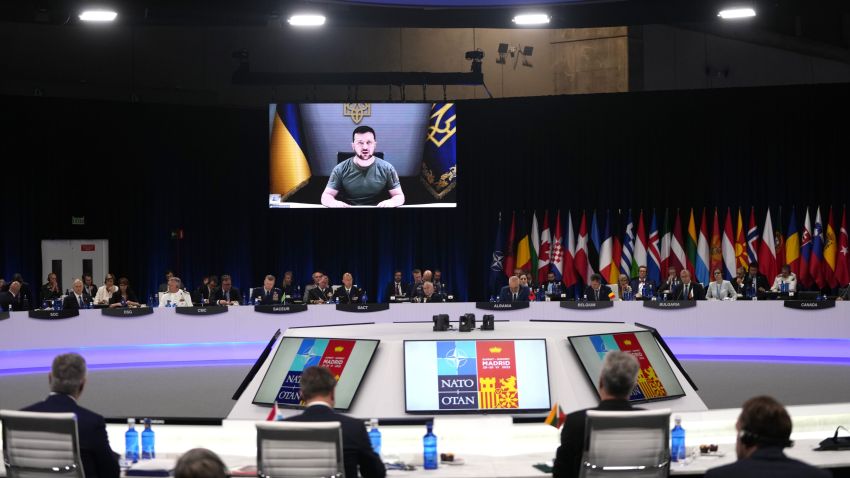Russia’s invasion of Ukraine is now more than 150 days old. The scale of the resulting death has been widely documented, even if the exact number of killed and wounded, both for Russian and Ukrainian forces, is unclear. The war has taken a particularly heavy toll on civilians, with acts of violence by Russian forces that could amount to genocide reported from Bucha to Kherson. And fears remain that the fighting could spiral into a regional conflict, with the resulting risk of a nuclear conflagration between Russia and the Western powers that are supporting Ukraine.
The human suffering and geopolitical peril are leading many concerned observers to call for the U.S. and NATO to take any steps necessary to reach an immediate cease-fire—that is, to step in and strike a deal with Russia. The hope is that such a deal will induce Russia to not only stop the killing in Ukraine, but also withdraw its troops. One proposal, from Jonathan Granoff and Oscar Arias, the former Costa Rican president and Nobel Peace laureate, calls for Washington to offer to remove its forward-deployed nuclear weapons from Europe, under the notion that Russian President Vladimir Putin’s motivation for the invasion is at least in part based on fears of eventual NATO aggression. Others, such as former U.S. Secretary of State Henry Kissinger, call for Ukraine to cede territory to Russia, out of a fear that “embarrassing” Moscow could worsen the security environment in Europe, while allowing Putin to “save face” will improve it. Noam Chomsky, the linguist who has become a prominent leftist critic of U.S. foreign policy, has argued that, in addition to offering territorial concessions, Ukraine should promise to officially adopt neutrality, forgoing eventual membership in either the European Union or NATO.
It is understandable to want to end the war. And in seeking a resolution, the U.S. and its NATO allies should be encouraged to serve as mediators between the two sides. In fact, Turkey has already made efforts along these lines, holding talks in Ankara early in the war and brokering—along with the United Nations—the negotiations that led to the deal allowing the resumption of Ukrainian grain exports. And given the level of military aid provided by the West to the Ukrainian war effort, and the fact that the international sanctions regime targeting Russia is aimed at inducing Moscow to end the conflict, it is also completely understandable that the West participate in discussions leading to a cessation of the violence.

